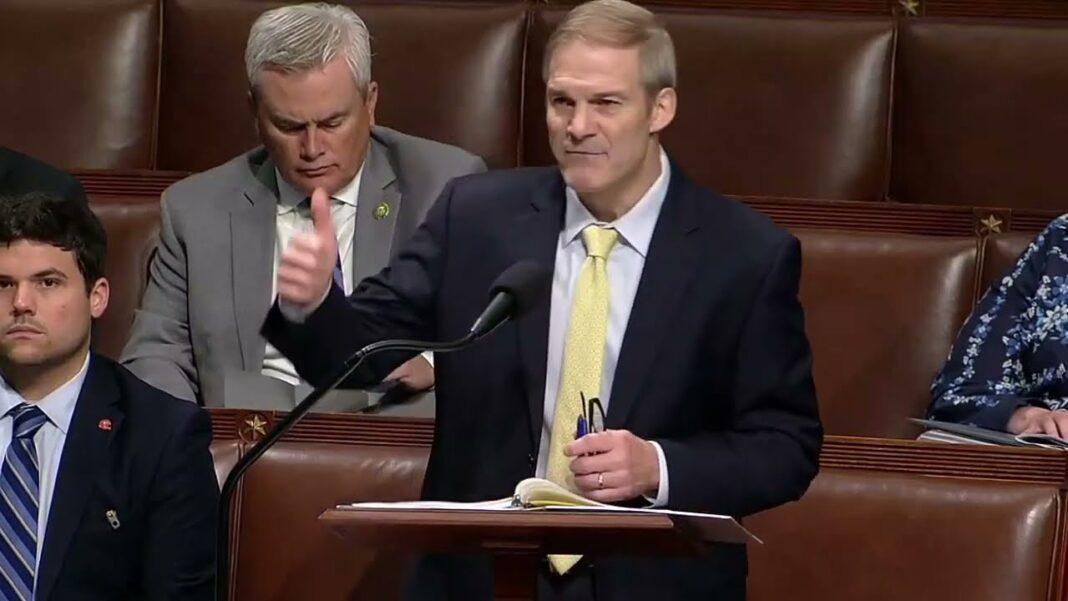Recruitment professionals and victims of ‘ghost posting’ say the practice hurts everyone, including the companies that create them.
Amid complex hiring processes, a shadow is spreading in the American business world. Companies are using fake online job openings to project an image of growth, keep existing employees motivated, and cultivate a pool of possible future candidates with no intention of hiring, according to research.
The practice is commonly known as “ghost posting” and it accounts for 43 percent of online job openings across multiple industries.
A Clarify Capital survey of more than 1,000 hiring managers showed that, beyond fake growth metrics and productivity drivers, one third of professionals claimed they used ghost posts to placate overworked employees.
The phenomenon has caused universal frustration on both the applicant and hiring side. On average, it can take up to eight weeks for a job seeker to receive an offer after submitting an application online, according to job listing site Indeed. The process often includes resume tailoring, lengthy applications, and multiple rounds of interviews. That means applicants are wasting hours trying to get hired by companies that aren’t actually looking.
Consequently, it’s not surprising that 55 percent of Americans say they’re “completely burned out” from job hunting, according to staffing company Insight Global.
Many hiring professionals say ghost posting hurts businesses that are actually trying to recruit new talent. Creating a pre-qualified pool of candidates for future openings is why 37 percent of surveyed hiring managers say they ghost post, but some argue it’ll have the opposite effect.
“Ghost job postings are definitely problematic for companies legitimately trying to hire people,” Ben Lamarche, general manager at Lock Search Group, told The Epoch Times. “Not only do these clutter job boards and make it more difficult for candidates to find and apply to genuine job openings, they also cause frustration and mistrust among candidates.”
Working at a recruitment and consulting agency, Mr. Lamarche has witnessed the rise of fake job posts. A former recruiter friend of his confessed to posting “ghost jobs” to impress clients and boost his performance metrics. Mr. Lamarche noted the recruiter didn’t seem concerned about the candidates’ quality or level of interest, he was just looking for contact information.







